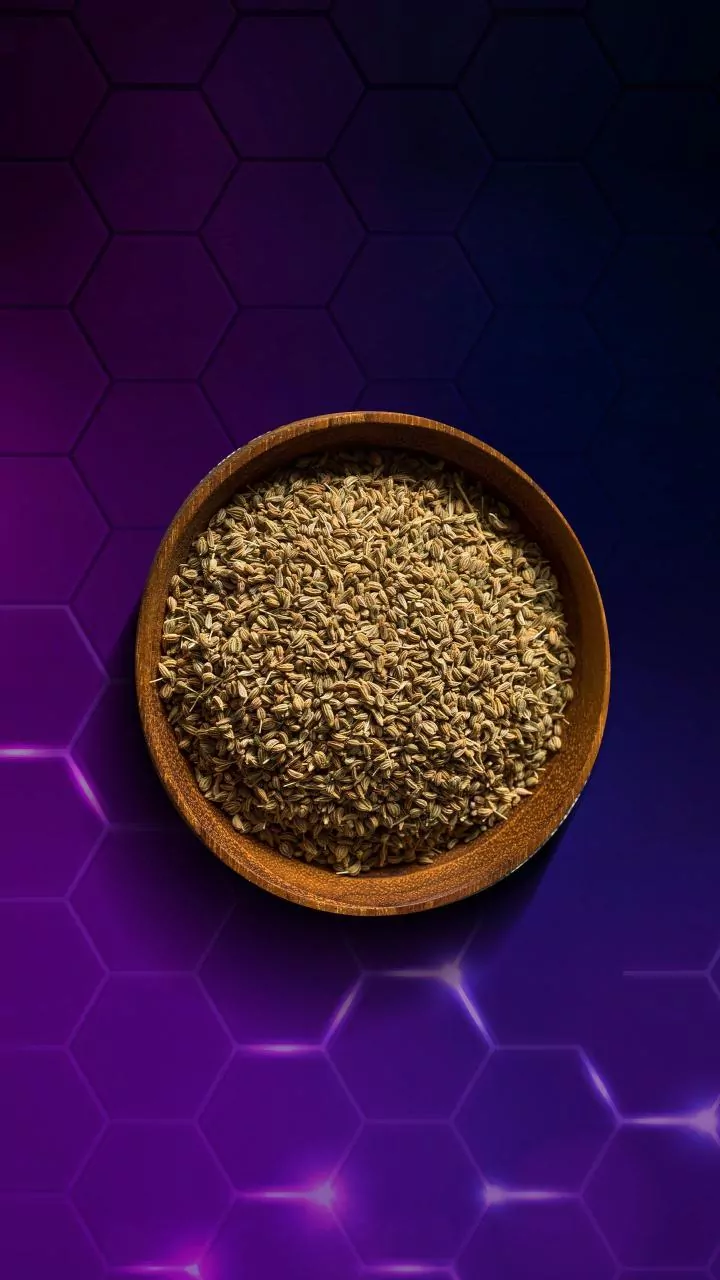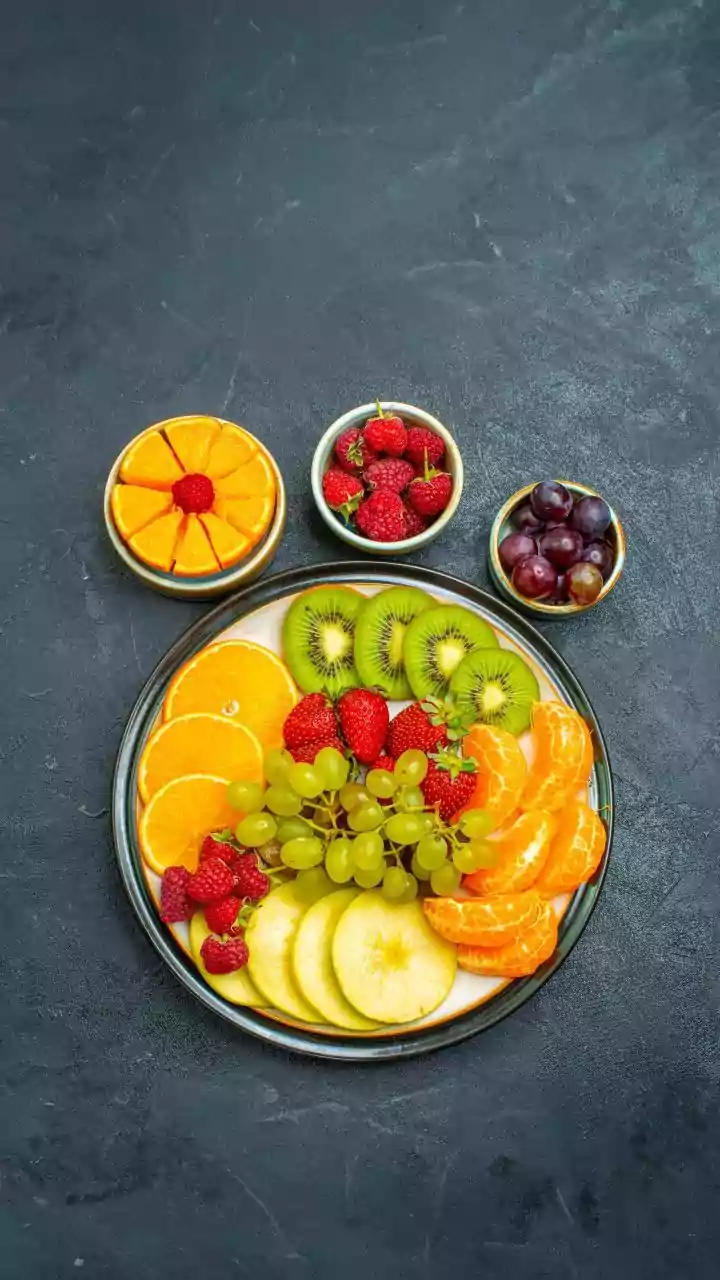Peeling Before Cooking
One of the most frequent errors is peeling sweet potatoes before cooking. The skin of a sweet potato is packed with fiber, antioxidants, and other crucial
nutrients. Peeling beforehand means discarding these valuable elements. To retain all of the nutrients, scrub the sweet potatoes thoroughly before cooking to remove any dirt and debris. You can then cook them with their skin on, whether you're baking, roasting, or steaming. By retaining the skin, you can maintain the optimal nutritional profile of your sweet potatoes and increase their health benefits. This simple adjustment makes a big difference in the overall health benefits that are obtained from the sweet potato.
Overcooking the Sweet Potatoes
Overcooking is another common mistake that can compromise the nutrient content and texture of sweet potatoes. High heat and prolonged cooking times can break down water-soluble vitamins like vitamin C and B vitamins. To avoid this, be mindful of the cooking time and use lower temperatures if possible. Baking, roasting, and steaming are generally better options than boiling, as they help preserve the nutrients. Keeping an eye on the sweet potatoes while they cook is also important. The ideal texture is tender, not mushy, to maintain both the nutrients and flavors. The result would be a sweeter and more pleasant taste as well as the conservation of the nutrients within the sweet potatoes.
Incorrect Storage Practices
Improper storage of sweet potatoes can also negatively impact their nutritional quality. They should be kept in a cool, dark, and well-ventilated place, such as a pantry or a cellar, rather than the refrigerator, where they can get cold damage and become hard. Temperatures below 55°F (13°C) can lead to a breakdown of the sweet potato's structure and flavor. Storing them in a way that avoids direct sunlight and moisture will help to maintain their freshness and nutritional content. Proper storage ensures that you enjoy the full benefits of the sweet potatoes when you are ready to use them and prevents the degradation of their nutrient value.
Adding Too Much Sugar
Sweet potatoes are naturally sweet, but many people add additional sugar during cooking, which reduces their health benefits. This can happen when preparing them with added sweeteners like honey, maple syrup, or brown sugar. While adding a touch of sweetness can enhance the flavor, overdoing it will result in a dish that’s higher in calories and lower in nutritional value. Rather than overloading the sweet potatoes with sugar, consider using spices like cinnamon, nutmeg, or cloves to improve their natural sweetness. You can also experiment with savory additions like herbs or a sprinkle of sea salt to create well-balanced and healthy meals. This approach allows the natural goodness of the sweet potatoes to shine through, making them both delicious and nutritious.
Using Unhealthy Fats
The type of fats used in cooking also affects the overall health of sweet potatoes. Frying sweet potatoes in unhealthy fats like vegetable oils or margarine will undermine the dish's nutritional value. Opt for healthier fats such as olive oil, coconut oil, or avocado oil instead. These provide beneficial fatty acids and can withstand higher cooking temperatures without breaking down and producing harmful compounds. Using healthier fats not only preserves the nutritional benefits of sweet potatoes but can also boost the absorption of fat-soluble vitamins. Consider healthier cooking methods like roasting or baking. These help ensure that the sweet potatoes remain a nutritious and health-promoting food. By selecting the right fats, you can greatly influence the dish's health profile.



















